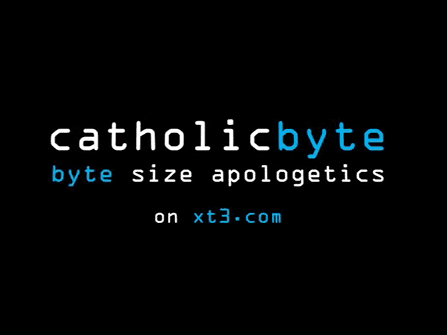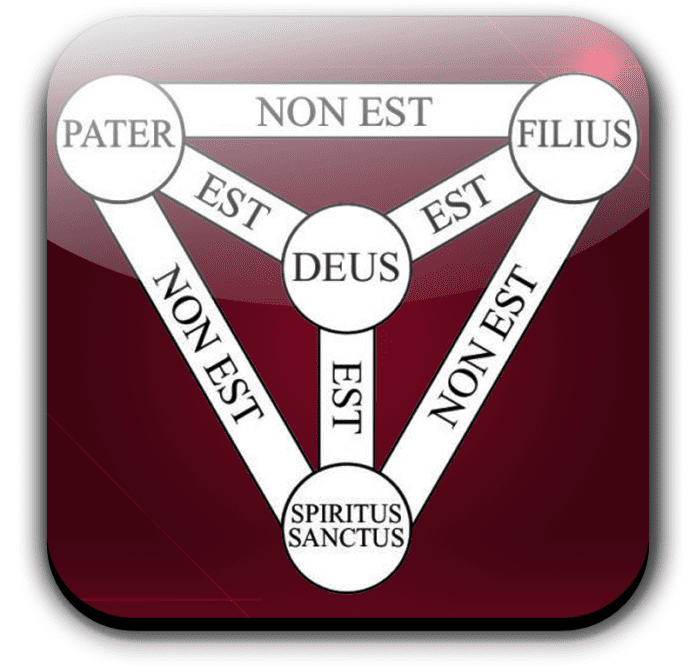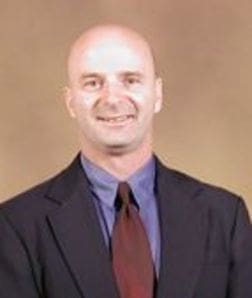It seems fitting that today’s first reading from Leviticus would fall at the beginning of the Lenten season. It is the Church’s gift to us to hear these very words from the Lord today, calling us to “Be holy, for I, the LORD, your God, am holy.” This exhortation from the Lord to Moses and the Israelites is just as real for us today as it was for Israel in the days of Moses. We are the people of God today and we are being called to that same holiness.
We are now six days into the Lenten journey. So let me ask you, how are you doing with your Lenten observances? Have you forgotten that you were not supposed to eat meat on Fridays? Have you been faithful in giving up that one thing in order to make more space for the Lord in your life? Maybe your Lent is off to a awesome start, or maybe it has been less than stellar.
On Ash Wednesday, Matt Fradd in his reflection challenged us as did the readings for the day to make a wholehearted return to the Lord, even now. Even now, six days later, the Lord is calling us to this. To make a wholehearted return to Him, to be holy as He is holy, to give Him everything we are and all that we have. So if your Lent has been a little less than stellar, like mine, I challenge you to re-read Matt’s reflection and join me, even now in making a wholehearted return to the Lord.
It’s pretty intimidating to think about being holy as the Lord is holy. I don’t know about you, but I find it especially challenging as I reflect upon the sacrifice of the Cross. How could I ever reflect that holiness in my own life? As I take stock of the areas of my life that need to be given back over to the Lord, I get a little bit overwhelmed by the idea of being holy as the Lord is holy. I realize, that I am far from it and that even now as I write these words, I need to make a wholehearted return to the Lord.
Lent is a time of repentance. It is also a time of severe mercy. Maybe you, like I, have been struggling to make that wholehearted return to the Lord over these last six days. I have taken consolation in the following words from Saint Francis de Sales and I hope that you do too,
“Have patience with all things, but chiefly have patience with yourself. Do not lose courage in considering your own imperfections but instantly set out to remedying them. Every day begin the task anew.”
Have patience with yourself this Lent, don’t lose your courage as you consider your own sin and imperfection but rather, even now, set out to remedy them, to make a wholehearted and sincere return to the Lord. Strive eagerly, but be gentle on yourself and know that our God is a God of mercy and compassion, slow to anger and abounding in love [Ps 103:8]. If your Lent has not been quite what you hoped, that’s okay, God is merciful and if we are to be as He is, we must be merciful with ourselves. Pick yourself up and keep striving.
Through my work with religious sisters over the past few years, I have discovered that holiness is not just about the time I spend in prayer or the good works that I do, rather it’s about giving everything I have, my whole person over to the Lord. Giving my whole self as He created me, not as I think I should be and not just the areas of my life that are neat and tidy. Saint Therese of Lisieux said once that “Love consumes us only in the measure of our self surrender.” This means that if I am truly to be holy as the Lord is holy, then I have to allow myself to be consumed by He who is love through a whole and entire self surrender. It is in this, that I will reflect the holiness that He is.
Ultimately, God just wants you. All of you. The stuff you and I try to do to be holy is great, but only God can truly make us whole, and holy. Let’s not get intimidated by this line from today’s first reading, or settle for what we think it means to be holy. Instead, let’s give him everything we are and allow him to transform us in ways we could have never expected.
Amanda Houska is a co-founder as well as the leading lady at Imagine Sisters.
Love uCATHOLIC?
Get our inspiring content delivered to your inbox every morning - FREE!
 Ryan Scheel is the founder of uCatholic, which he has dedicated to providing traditional Catholic information in the modern world.
Ryan Scheel is the founder of uCatholic, which he has dedicated to providing traditional Catholic information in the modern world.

























